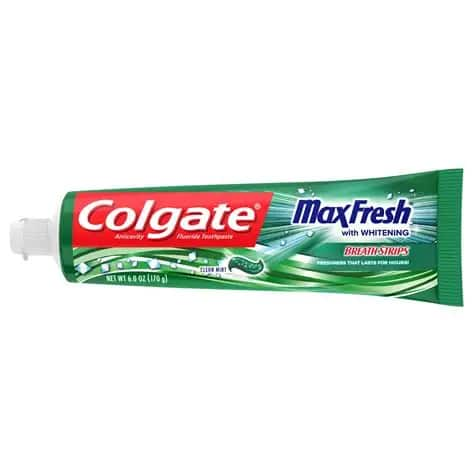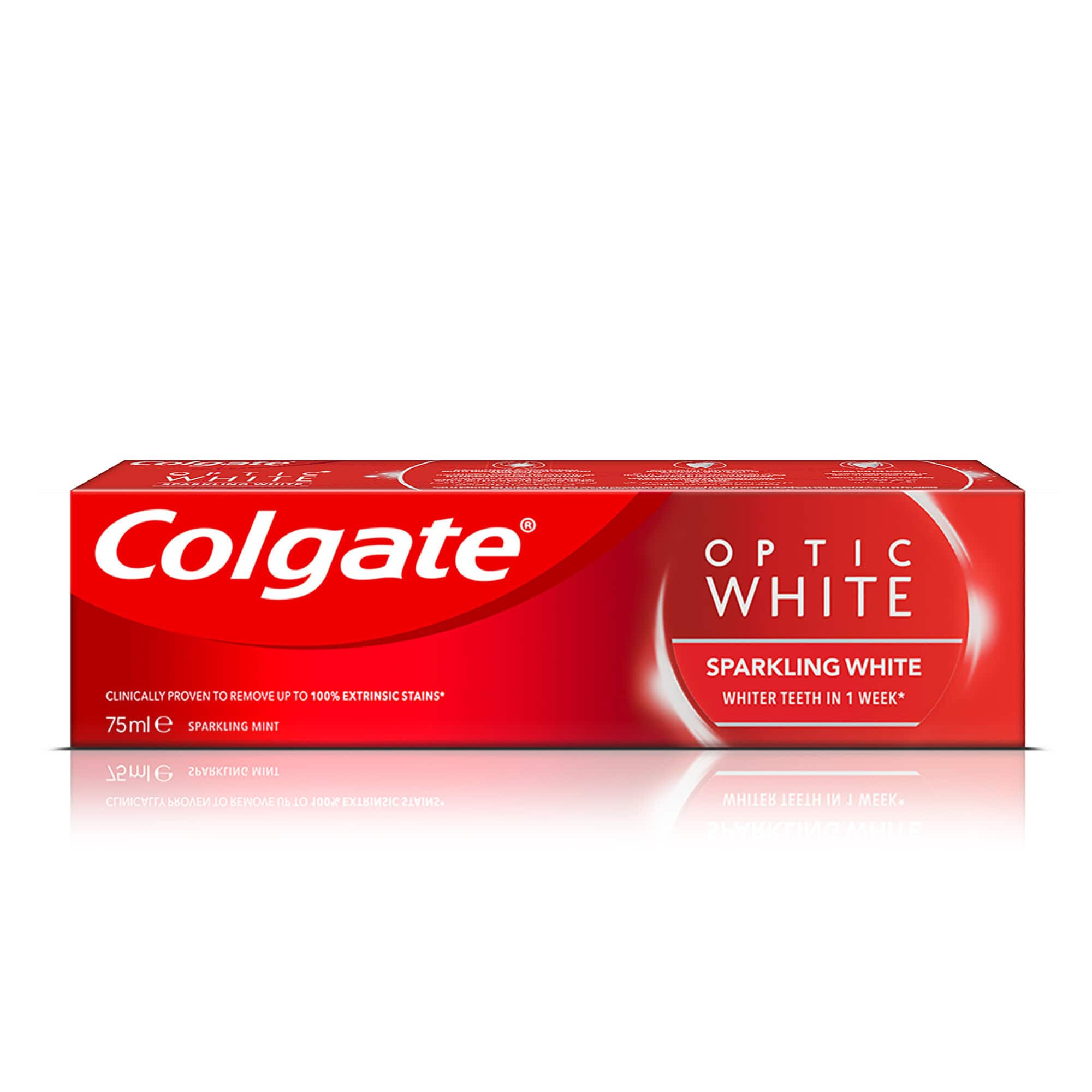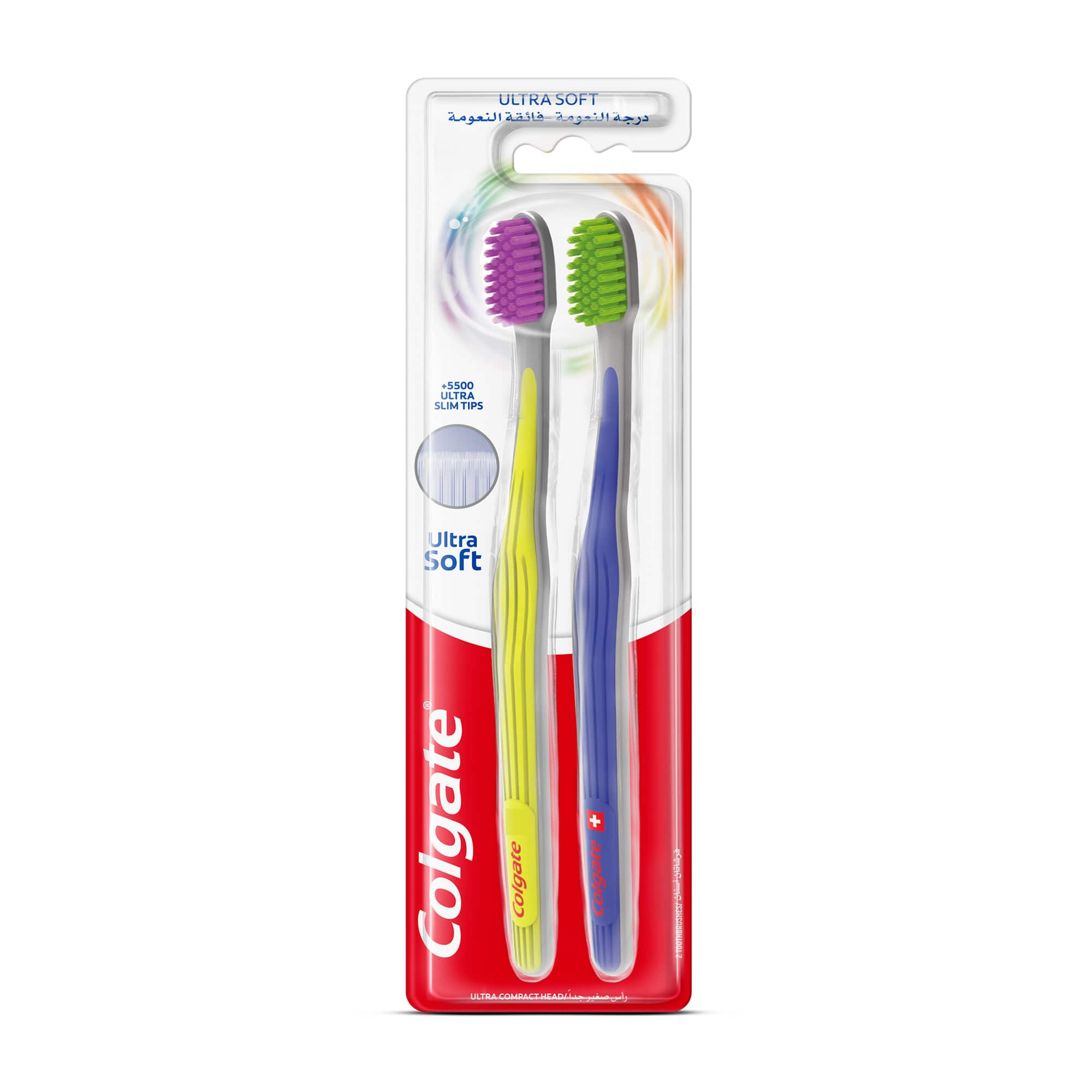If your baby was born with natal teeth, you probably have questions like, do natal teeth fall out? Let's go over all the basics you'll need to know about your newborn's natal teeth. From how best to care for them to how you should prepare your child's mouth for a healthy, aligned smile of adult teeth, we want you to feel confident! We know newborns come with many surprises, so here's one that you can feel more prepared for!
Medline Plus notes that most natal teeth cases are not connected to another medical condition. But they can sometimes be related to certain medical conditions such as the following:
- A cleft palate
- Ellis-van Creveld syndrome
- Hallermann-Streiff syndrome
- Soto syndrome
- Pierre-Robin syndrome
Caring for Natal Teeth
If your baby was born with teeth, your doctor or dental professional might recommend they undergo natal teeth removal shortly after birth. This is to eliminate the risk of your baby breathing in a dislodged tooth. If your child's doctors think the teeth should remain in place, you'll need to care for the teeth to avoid damaging them. We recommend cleaning your baby's natal teeth by wiping them gently with a damp cloth like you would regular baby teeth when they come in. During these cleanings, check your child's gums and tongue to ensure the natal teeth aren't causing any injuries to their mouth's soft tissue.
Once more of your baby's teeth start to erupt, you can begin cleaning them with a small soft-bristled toothbrush meant for a baby. You can also begin to incorporate fluoride toothpaste into your child's oral care routine once they turn two. Note that you should use a pea-sized amount of fluoride toothpaste when brushing your baby's teeth and make sure they don't swallow it.
Damage to Natal Teeth
One signature feature of natal teeth is that they are often wobbly due to their weak roots. They're held to the gums with soft tissue and may become dislodged during feedings or cleanings. The American Association of Endodontists notes that you should not attempt to replant these dislodged teeth. Replanting a knocked-out baby tooth can damage the developing adult tooth underneath, so resist the urge to put it back in place. If your child's gums are bleeding after a natal tooth falls out, we recommend scheduling an appointment with your child's dental professional and apply pressure to stop the bleeding while you wait.
Effects on Adult Teeth
Fetal teeth aren't extra teeth; they're just baby teeth that have erupted earlier than usual. If your child's teeth fall out when they're still a baby, then they'll be without those teeth during their childhood until their adult (secondary) teeth erupt. Natal teeth usually develop on the front of the lower jaw, so if they fall out early, the gap will be visible when they smile and can cause eating problems. One other issue with the loss of fetal teeth is that it could create issues with secondary teeth.
Baby teeth act as placeholders for the permanent teeth that will replace them. If your child's fetal teeth are knocked out prematurely, the other baby teeth may grow into and crowd the vacant spot. When it's time for your child's adult teeth to erupt, around the age of six, there may not be adequate room. This can lead to overcrowding of the adult teeth.
Protecting Adult Teeth
If your child's fetal teeth fall out, their dental professional can offer natal teeth treatments to help protect the adult teeth that will eventually grow in. They may advise using a space maintainer, a metal appliance that reserves the vacant space where the fetal tooth once was. A space maintainer cements onto the teeth on either side of the gap where the natal tooth was. So it's a treatment option that will need to wait until a few more of your child's baby teeth have erupted.
If your child's permanent teeth come in crowded or crooked, don't worry! It's common for adult teeth to require a little extra help for your child to have a perfectly aligned smile. And an orthodontist can help you address the problem early as orthodontic intervention can begin in children who are relatively young, as early as age six or seven.
While finding out your newborn has teeth may be shocking at first, you and your doctor or dental professional can make a plan to manage them. Because natal teeth usually have weak routes and are prone to falling out, we hope we've put your mind at ease in case your child's early teeth do come out early. While this has the potential to lead to problems with your child's secondary teeth, later on, a dental professional can help you avoid such issues with regular dental checkups, a healthy oral care routine, and, if necessary, a space maintainer.
This article is intended to promote understanding of and knowledge about general oral health topics. It is not intended to be a substitute for professional advice, diagnosis or treatment. Always seek the advice of your dentist or other qualified healthcare provider with any questions you may have regarding a medical condition or treatment.










